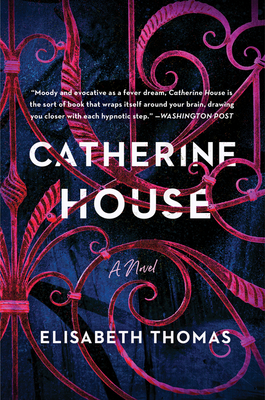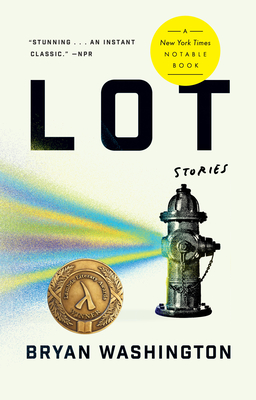
Editor's Note: We'll periodically bring readers a round-up of books recommended by Lighthouse staff.
 I chose to read Catherine House by Elisabeth Thomas after seeing it listed in Lit Hub’s 6 Disorienting Reads for a Very Disorienting Time. It’s strange, and following the main character, Ines, on her journey through three years at Catherine House (part college, part prison) is a tale of secrecy, suspense, mystery, and discovery.—Kim O'Connor, Young Writers Program Co-Director
I chose to read Catherine House by Elisabeth Thomas after seeing it listed in Lit Hub’s 6 Disorienting Reads for a Very Disorienting Time. It’s strange, and following the main character, Ines, on her journey through three years at Catherine House (part college, part prison) is a tale of secrecy, suspense, mystery, and discovery.—Kim O'Connor, Young Writers Program Co-Director
 At a time when focus is in short supply, Zadie Smith’s Intimations is a powerfully gripping, yet short and timely collection of essays that revels in reflection by taking us back to the beginning of lockdown.—Therese Marie Gardner, Assistant Program and Communication Coordinator
At a time when focus is in short supply, Zadie Smith’s Intimations is a powerfully gripping, yet short and timely collection of essays that revels in reflection by taking us back to the beginning of lockdown.—Therese Marie Gardner, Assistant Program and Communication Coordinator
 Bryan Washington’s Lot is a slow burn, an understated, brilliant debut, a collection that tells the story of a family in Houston as the city grows and changes, as the family breaks apart, moves away, and comes back together, and the stories of their extended community. A complex, powerful portrait of Houston.—Manuel Aragon, Community Engagement Manager
Bryan Washington’s Lot is a slow burn, an understated, brilliant debut, a collection that tells the story of a family in Houston as the city grows and changes, as the family breaks apart, moves away, and comes back together, and the stories of their extended community. A complex, powerful portrait of Houston.—Manuel Aragon, Community Engagement Manager
 The Gilded Ones by Namina Forna was just released this month, and it’s bound to take the YA dystopian genre by storm. It follows a young woman named Deka, anxiously awaiting a ritual that will help her find acceptance in her community. But Deka soon discovers layers of violence and oppression in her world. Forna navigates sexism, racism, and trauma skillfully, while simultaneously creating an entrancing world.—Jordyn Wolking, Director of Development
The Gilded Ones by Namina Forna was just released this month, and it’s bound to take the YA dystopian genre by storm. It follows a young woman named Deka, anxiously awaiting a ritual that will help her find acceptance in her community. But Deka soon discovers layers of violence and oppression in her world. Forna navigates sexism, racism, and trauma skillfully, while simultaneously creating an entrancing world.—Jordyn Wolking, Director of Development
 A lot has been said about this book, which deservedly blew up last year. Marlon James is an absolute powerhouse, the language of the book so wild and captivating that once you start to feel it as natural, it’s inevitable and addicting. Books with this kind of psychedelic rage rarely have this kind of tender love, but the way James writes about the families we make for ourselves, and the despair we experience when we lose those families, makes this book with very few human characters feel deeply human.—Genna Kohlhardt, Assistant Director of Adult Programs
A lot has been said about this book, which deservedly blew up last year. Marlon James is an absolute powerhouse, the language of the book so wild and captivating that once you start to feel it as natural, it’s inevitable and addicting. Books with this kind of psychedelic rage rarely have this kind of tender love, but the way James writes about the families we make for ourselves, and the despair we experience when we lose those families, makes this book with very few human characters feel deeply human.—Genna Kohlhardt, Assistant Director of Adult Programs

